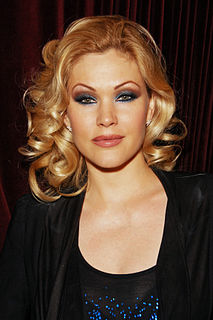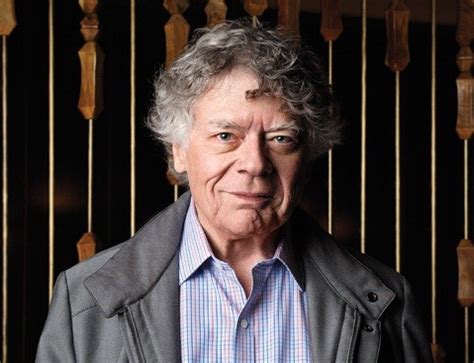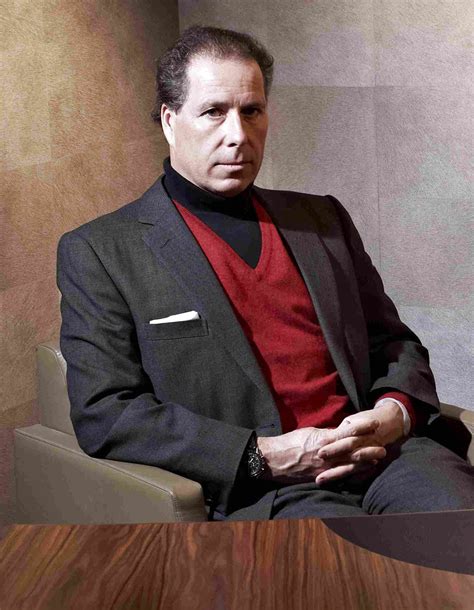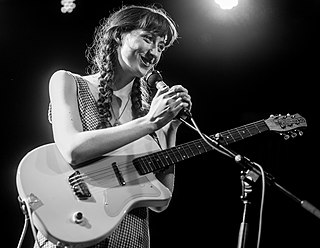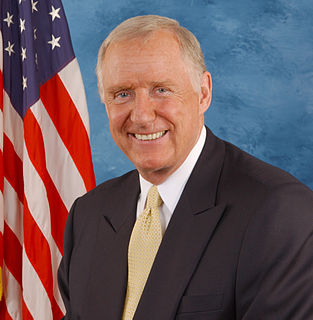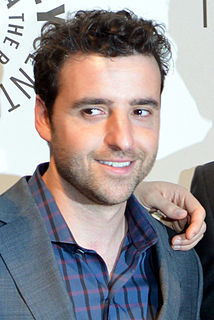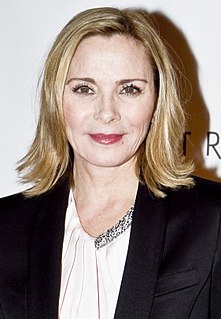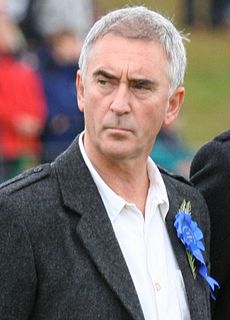A Quote by Shanna Moakler
It's very hard to coparent when your ex or the father isn't encouraging the children in a way that both parents deserve when you are coparenting.
Related Quotes
Westerners often laud their children as 'talented' or 'gifted', while Asian parents highlight the importance of hard work. And in fact, research performed by Stanford psychologist Carol Dweck has found that the way parents offer approval affects the way children perform, even the way they feel about themselves.
Mothers and fathers act in mostly similar ways toward their young children. Psychologists are still highlighting small differencesrather than the overwhelming similarities in parents' behaviors. I think this is a hangover from the 1950s re-emergence of father as a parent. He has to be special. The best summary of the evidence on mothers and fathers with their babies is that young children of both sexes, in most circumstances, like both parents equally well. Fathers, like mothers, are good parents first and gender representatives second.
I think both of my parents are unique in the way they don't live their lives as celebrities. They're both artists, first and foremost. My mom lives a very private life. So does my father. You don't really see them in the tabloids or anything like that. I think that's definitely a decision you can make.
